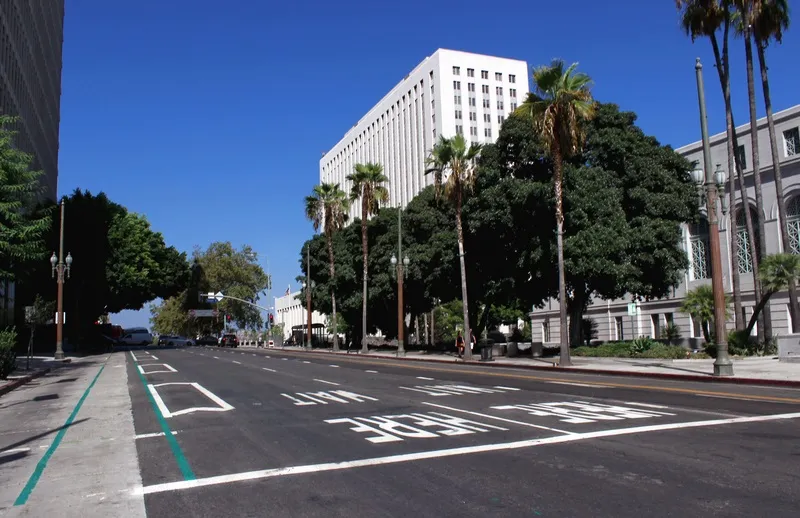
In just one week (13-20 March), reduced congestion in 25 of the largest metropolitan areas moved to free-flow traffic, says Inrix.
The company found travel speeds increased in Los Angeles from 9% (8am) and 38% (5.30pm) on 13 March to 43% (8am) and 75% (5.30pm) on 20 March.
During the same period, Chicago's travel speeds jumped from 8% (8am) and 35% (5.30pm) to 44% (8am) and 74% (5.30pm).
In Phoenix, drivers travelled slightly slower in the morning based on a drop from 20% to 19% but experienced better conditions in the evening with speeds climbing up from 19% to 60%.
This upward curve also took place in Miami with travel speeds increasing from 11% to 27% in the morning and going up 25% to 57% in the evening. Drivers travelled more quickly through San Francisco with speeds picking up 17% to 27% (8am) and 29% to 55% at (5.30pm).









